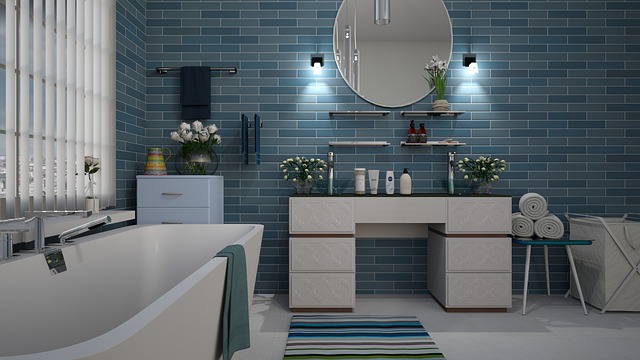A tiles showroom is a place where you can buy the tiles you want to use. This place will usually have a variety of different types of tiles, including mosaics and big format tiles. These tiles will be displayed in individual units, and the showroom will also often have floor-to-ceiling and wall-to-wall displays. Many showrooms will also have a workshop table for laying out tiles.
An overview of a tile showroom
Running a tiles showroom requires a great deal of business acumen and leadership skills. You must also have strong interpersonal skills and be able to communicate well with a variety of people. Your customers are just as important as your staff, and your relationships with them are equally important. There is significant room for growth in the tile business, and the success of your business depends on your ability to meet customer needs and provide excellent service. To be successful, you need to offer an array of tile choices to attract a diverse customer base. You should also consider offering carpeting and other flooring options in your showroom if you plan on expanding.
While ceramic tile has been around for centuries, manufacturers have developed new designs and applications. Today, the range of sizes, colors, and textures is truly stunning.
Types of tiles sold in a showroom
There are a number of different types of tiles that you can sell in a showroom, including ceramic tiles, mosaic tiles, floor tiles, and wall tiles. These tiles can be priced according to the size of the room and the materials they’re made of. It’s also helpful to categorize them based on the shape and material.
If you’re new to the world of tile, there are some key differences between ceramic tile and porcelain tile. Porcelain tile is more durable than ceramic tile and has many benefits over other materials. This tile can be used both indoors and outdoors, and doesn’t need to be stained or cleaned like ceramic tile. It is also highly versatile, and you can find many styles and colors that will complement any space. It’s also a great choice for high-traffic areas like kitchen backsplashes.
Display stand for tiles
When you own a tiles showroom, you need to make a display stand that will be a selling point. You can do so by choosing the right tile display stands. A good one will have a lot of features that will appeal to potential customers. These features will ensure that potential customers will spend more time in your showroom.
One company that makes quality tile display stands is Bahuchar Industries, which was founded in 2016. The company has become one of the most popular names in the industry and has become a leading provider of tile display stands. Its products range from Rs. 1,800 to over 58,000.
Day-to-day duties in a tile showroom
Besides selling tiles, one of the most important aspects of running a tile showroom is handling administrative duties. These duties include ensuring that employees are trained properly and follow company policies, as well as handling finances and marketing strategies. In addition, a successful tile showroom manager is also responsible for interacting with clients and networking within the community.
A tile showroom manager oversees all aspects of a tile showroom, from start to finish. They are responsible for assisting customers and sales staff with a wide range of tile and stone products, as well as ensuring the showroom is a pleasant and efficient space. In addition, the Showroom Manager is responsible for customer satisfaction, store performance, and profitability. A tile showroom manager works closely with other team members to manage daily operations.
Business model for a tile showroom
A tile business requires a large amount of space. The cost of rent can be high. There is also a need for inventory. Occasionally you will have to sell products at cost or even at a loss. Moreover, this type of business faces stiff competition from large home improvement stores. Despite this, a tile business can be profitable if it is able to generate a larger revenue than its expenses.
The market for ceramic bathroom tiles is very high. If you’re considering a tile business, you should consider the trending styles of homeowners and ask your local wholesaler about the current trend. Moreover, it helps to attend trade shows and meet potential customers. Furthermore, it is important to know the licensing, bonding, insurance, and other regulations that apply to your business. Also, you must invest in proper equipment.




